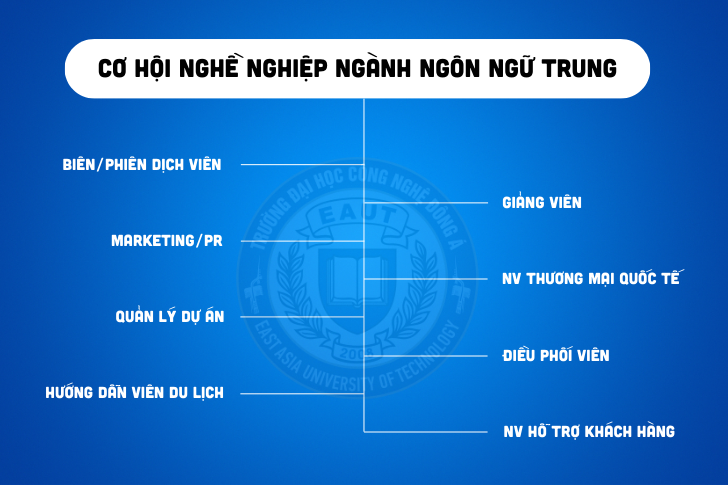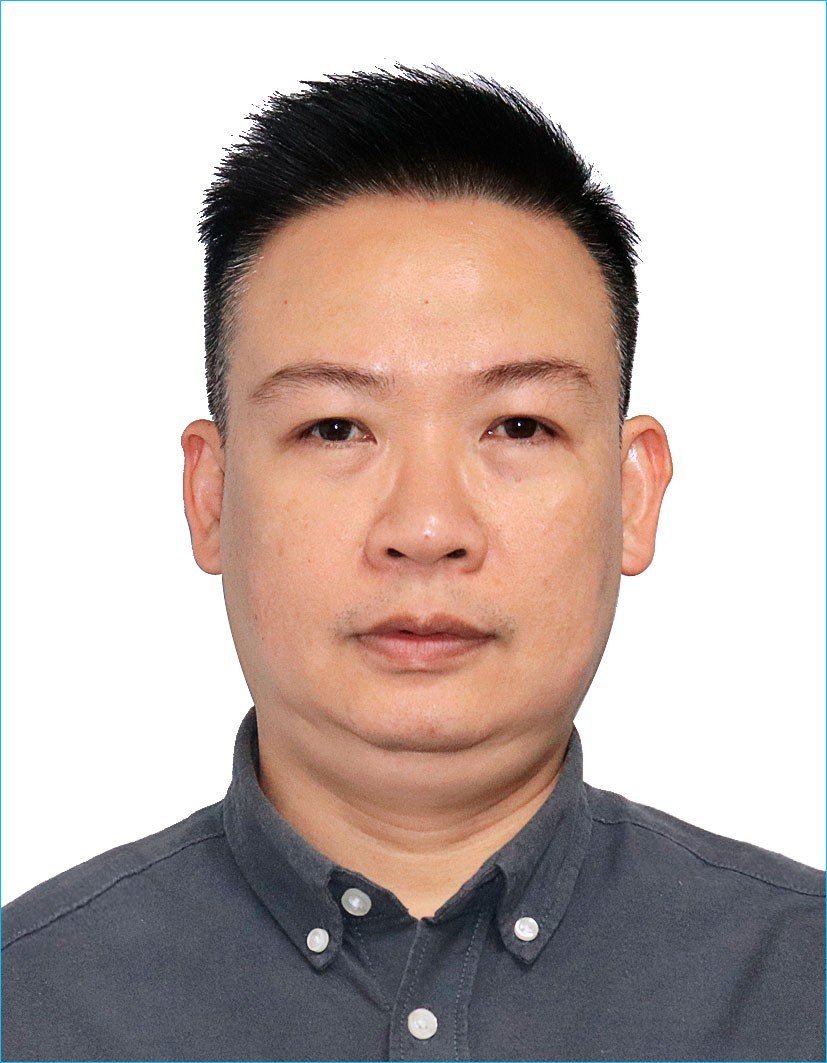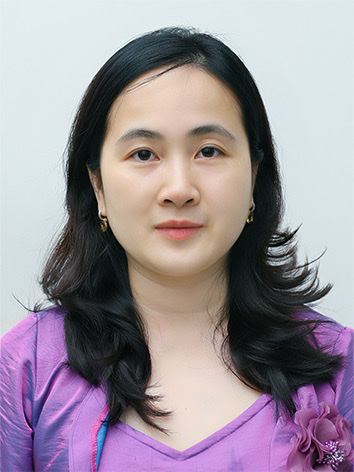Program Overview:
In the current context of Vietnam, the Information Technology (IT) sector is one of the fastest-growing and most sustainable industries, with an annual growth rate of 30%. At the national conference on “Developing IT Human Resources” organized by the Ministry of Education and Training in coordination with the Ministry of Information and Communications, it was forecasted that Vietnam will face a severe shortage of human resources until 2030. Therefore, Information Technology remains one of the most in-demand fields of the Industrial Revolution 4.0. Students pursuing IT have an incredibly promising future.
What is Information Technology?
Information Technology is the field concerned with hardware, software, and processes involved in the creation, processing, transmission, storage, and exploitation of information. In today’s “flat” world, IT plays an indispensable and crucial role in societal development. It has become an essential component, a bridge connecting the elements of a global society.
Within the higher education system (University and College), Information Technology is consistently regarded as a smart choice for high school students due to its stability and the attractiveness of career opportunities.
Information Technology Program
Specializations:
– Computer Networking & Communications
– Software Engineering
– Computer Science
– Management Information Systems
Core Specialized Courses: .NET Programming, Computer Architecture, Security & Safety, Network Administration, Operating System Principles, Database Management Systems, Multimedia Technology, Object-Oriented Programming, Web Programming, Formal Languages, Computer Networks, Linux & Open Source Technology, System Analysis & Design, Software Engineering…
Admission Subject Groups for IT:
A00: Mathematics, Physics, Chemistry
A01: Mathematics, Physics, English
A02: Mathematics, Physics, Biology
D01: Mathematics, Literature, English
Group H, V: Based on the results of the aptitude test taken by the candidate.
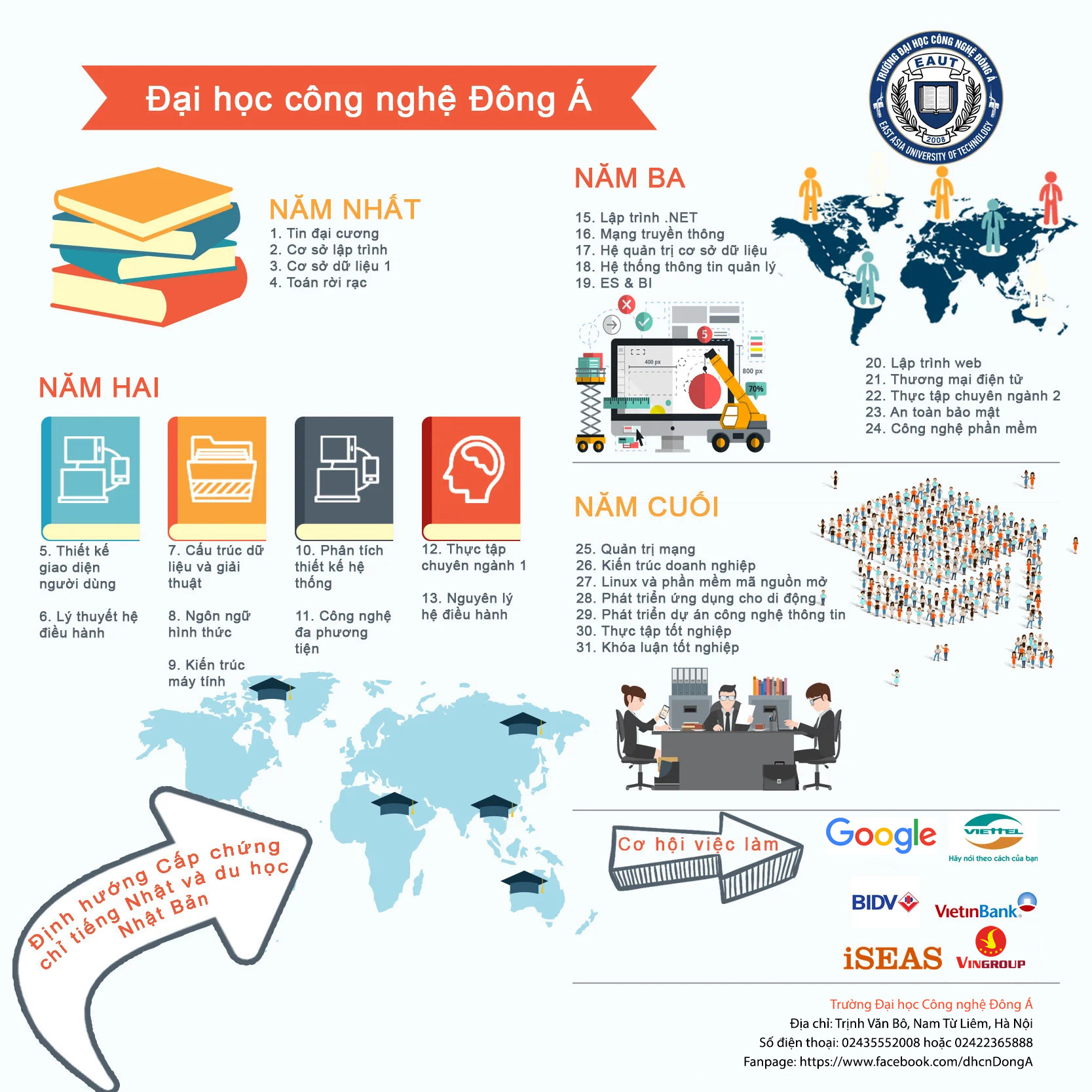
Choosing Information Technology, students will…
– Be equipped with foundational knowledge in natural sciences and fundamental IT areas such as computer networks, information systems, programming, databases…
– The IT curriculum provides knowledge aiming to meet the Japanese IT Engineer Examination (Fundamental Engineer – FE) standard, a qualification recognized in many countries worldwide.
– IT students focus on learning and honing both English and Japanese language skills, building a linguistic foundation for career opportunities in Japan.
– Students gain hands-on experience and exposure to the most advanced technologies through partnerships with leading IT companies, collaborating on research to develop commercially viable new products.
– A distinctive feature at East Asia University of Technology is that students undergo three internship periods at technology companies, directly participating in professional activities within these organizations.
– Students are equipped with interview skills, CV writing techniques, and have access to career opportunities introduced through the academic program and extracurricular activities.
Studying Information Technology at EAUT
The Information Technology program at EAUT emphasizes practical training and collaborates with industry partners to enhance education quality. The University employs a training model that combines classroom learning with hands-on practice in computer labs, corporate environments, and online platforms. This balanced approach ensures that within a short period, students acquire the necessary practical skills to apply Information Technology in key areas of the current Industrial Revolution 4.0, such as: cloud computing, social networks, machine learning, web and mobile applications, big data analytics on IoT platforms…
What do IT students study?
- In the first two years, students are trained in general knowledge and foundational IT subjects with an application-oriented focus, allowing early exposure to Cyber-Physical Systems (CPS) and Industry 4.0 models, while developing software programming and digital data processing skills.
- In the third year, students delve deeper into one of four specializations: (1) Computer Networking & Communications, (2) Software Engineering, (3) Computer Science, (4) Management Information Systems.
- In the fourth year, students undertake direct internships at enterprises, applying the theoretical knowledge and practical skills acquired at the university to real-world tasks. Proactive students often seek internships from their first university years.
The University has invested in a synchronized computer system featuring ASUS ips27 monitors, latest-generation Core i5 processors, 8GB RAM, and dedicated 2GB graphics cards for 3D graphics studies… providing students with optimal learning conditions.
Detailed Training Program: View more details here
Labor Market Demand
– The IT sector leads in both short-term and long-term recruitment needs.
– On average, the IT industry faces a shortage of approximately 78,000 workers annually. If workforce growth continues at 8%, the shortage could exceed 500,000 workers, representing over 78% of the total IT manpower required by the market by 2020. Consequently, many IT students secure jobs even before graduation.
What careers do IT graduates pursue?
Graduates can work in various positions, including:
– Specialist in designing, developing, and managing IT research and application projects.
– Specialist in managing, supervising, and investing in IT projects.
– Data mining specialist, applying information and data analysis for business quantitative analysis.
– Specialist skilled in developing social media applications and web technologies.
– Specialist skilled in developing 3D products and creating 3D character models.
– Notably, students have the opportunity to become IT Engineers for Japan, recruited by Japanese IT companies immediately after graduation to work in Japan.
Tuition Fees
– Each academic program corresponds to a different tuition fee. The projected tuition fee for the Information Technology program for the 2025 – 2026 academic year is 16,500,000 VND per semester.
– A common feature of the tuition fee policy at East Asia University of Technology is the commitment not to increase fees throughout a student’s program and not to charge additional fees.
– An academic year lasts 10 months, divided into two semesters, each lasting 5 months, with a 2-month break for summer and Tet holiday.
– Tuition can be paid per semester or annually.
– Students can track their tuition payment status on the student portal: sinhvien.eaut.edu.vn
View more details on the projected tuition fees for 20 programs and specializations here
East Asia University of Technology boasts a leadership team and faculty comprising leading educators and scientists, such as Professor, Dr. Dinh Van Thuan – Rector, who was awarded the Ho Chi Minh Prize in 2005 for the project cluster “Research, Application, and Development of Mechanical-Automation Technology in the Agro-Food Processing Industry”, which created significant value and contributed importantly to the nation’s economic, scientific, technical, literary, and artistic development.
Additionally, the university has a team of experienced technical staff, personnel, and a roster of reputable visiting lecturers who teach at the university.
Key Staff of the IT Department

Dr. Le Minh Tuan - Education:
• 2023: PhD, Information Technology, Institute of Information Technology, Vietnam National University, Hanoi
• 2020: Bachelor, English Language, University of Languages and International Studies, Vietnam National University, Hanoi
• 2008: Master, Computer Science, Military Technical Academy
• 2004: Bachelor, Mathematics-Informatics, Thang Long University
Work Experience:
• 10/2023-Present: Head of IT Department, East Asia University of Technology
• 2022-9/2023: Senior Lecturer, National Academy of Public Administration
• 2021-2022: Senior Lecturer, Hanoi University of Home Affairs
• 2014-2020: Lecturer, Hanoi University of Home Affairs
• 2004-2014: Lecturer, Thang Long University

MSc. Tran Xuan Thanh - Education:
• 2022: PhD Candidate, Computer Science, Graduate University of Science and Technology, Vietnam Academy of Science and Technology.
• 2012: Master, Computer Science, Posts and Telecommunications Institute of Technology
• 2006: Engineer, Information Technology, Hanoi University of Science and Technology
• 2003: Bachelor, Technical Pedagogy, Hanoi University of Education
Work Experience:
• 2021 – Present: Vice Head of IT Department, East Asia University of Technology
• 2008 – 2020: Lecturer / Vice Head of Department / Acting Head of Department / Head of Department, IT Faculty, Thanh Do University
• 2005 – 2008: Lecturer, IT Faculty, Hanoi College of Electronics & Refrigeration

MSc. Mai Van Linh - Education:
• 2022: PhD Candidate, Computer Science, Graduate University of Science and Technology, Vietnam Academy of Science and Technology.
• 2015: Master, Computer Science, Posts and Telecommunications Institute of Technology
• 2008: Engineer, Information Technology, Hung Yen University of Technical Education
Work Experience:
• May 2021-Present: Vice Head of IT Department, East Asia University of Technology
• Nov 2018-Apr 2021: Lecturer – Director of Admissions Center / Training Department Staff / Thanh Do University
• Oct 2015-Oct 2018: Lecturer – Head of Admissions Department / Hanoi Medical College
• Nov 2010-Sep 2015: Lecturer – Head of Testing Department / Hanoi College of Medical Technology and Pharmacy
A. General Objectives: The undergraduate education program in Information Technology at East Asia University of Technology aims to create an ideal learning environment for students to cultivate professional ethics; providing students with the necessary and sufficient conditions to develop fundamental and essential skills for professional work, meeting the demands of the Industrial Revolution 4.0; simultaneously establishing a foundation for students to continue their studies and enhance their capabilities and qualifications at postgraduate levels.
B. Specific Learning Outcomes:
1. Ethics, Personality, and Lifestyle:
– Possess firm political stance and ideology, good discipline and organizational awareness, understand ethical values and civic responsibilities;
– Understand socio-cultural, economic, and legal aspects;
– Possess professional ethics;
– Have the awareness to study for self-improvement of capacity and qualifications;
– Have the awareness to maintain health for work.
2. Knowledge and Expertise:
– Understand the basic principles of Marxism-Leninism, Ho Chi Minh Thought, and the revolutionary line of the Communist Party of Vietnam;
– Understand and apply knowledge of Mathematics, natural sciences, social sciences-humanities, information technology, and foundational knowledge to the specialized field;
– Foreign Language Proficiency: TOEIC 450
– Professional Knowledge: Equipped with knowledge related to research, development, software outsourcing or application; understand IT project management principles and software quality assurance; Equipped with knowledge of multimedia and multimedia processing tools; Possess knowledge of designing, building, installing, operating, and maintaining hardware and software components of computer systems and computer-based equipment systems; Possess knowledge of computer networks, methods, and processes for ensuring network security.
3. Professional Skills:
– Professional Skills: Ability to survey, design, build, operate, maintain, and develop computer systems and networks for agencies, schools, businesses…, of medium and small scale; Database administration, network administration, website administration for organizations, enterprises, companies; Research, model real-world problems, develop algorithms, databases, design and implement application software; Participate in project management; software quality assurance. Develop technical documentation and effective system user guides; Propose, critique, and consult on IT-related issues; Participate in IT research and teaching at appropriate levels; Participate in deploying, operating, and exploiting applications for e-government services and e-commerce.
– Soft Skills: Ability for independent thinking and work, solving problems related to the specialty; Self-learning, research, and assimilation of new technologies; Teamwork, communication, and information conveyance skills in the professional field; Information gathering and processing for problem-solving in the specialty; Use of IT and foreign languages for professional work and management; Management and execution of projects related to the specialty.
4. Career Positions after Graduation:
– Software design, outsourcing, and development enterprises;
– Digital content providers, game production companies;
– Consulting firms: consulting on network solutions, IT solutions for businesses;
– Companies trading in IT services and products, including both hardware and software.
– IT operation and development departments in agencies, factories, schools, banks… and any business applying IT.
– Colleges, professional secondary schools, high schools (requires additional pedagogical certificate as regulated).
– Research institutes and technology transfer centers in the IT field. Specifically, graduates are competent to work in the following positions:
– Programmer; Business Analyst; Software Designer; Software Tester; IT Support, Consultant, providing IT services and products specialist; Network, Database, Website Administrator.
– IT Researcher/ Lecturer.
5. Post-Graduation Study and Advancement Capabilities
– Ability to transition flexibly to related fields of study;
– Ability for self-study and research to improve qualifications and update new knowledge for their work.

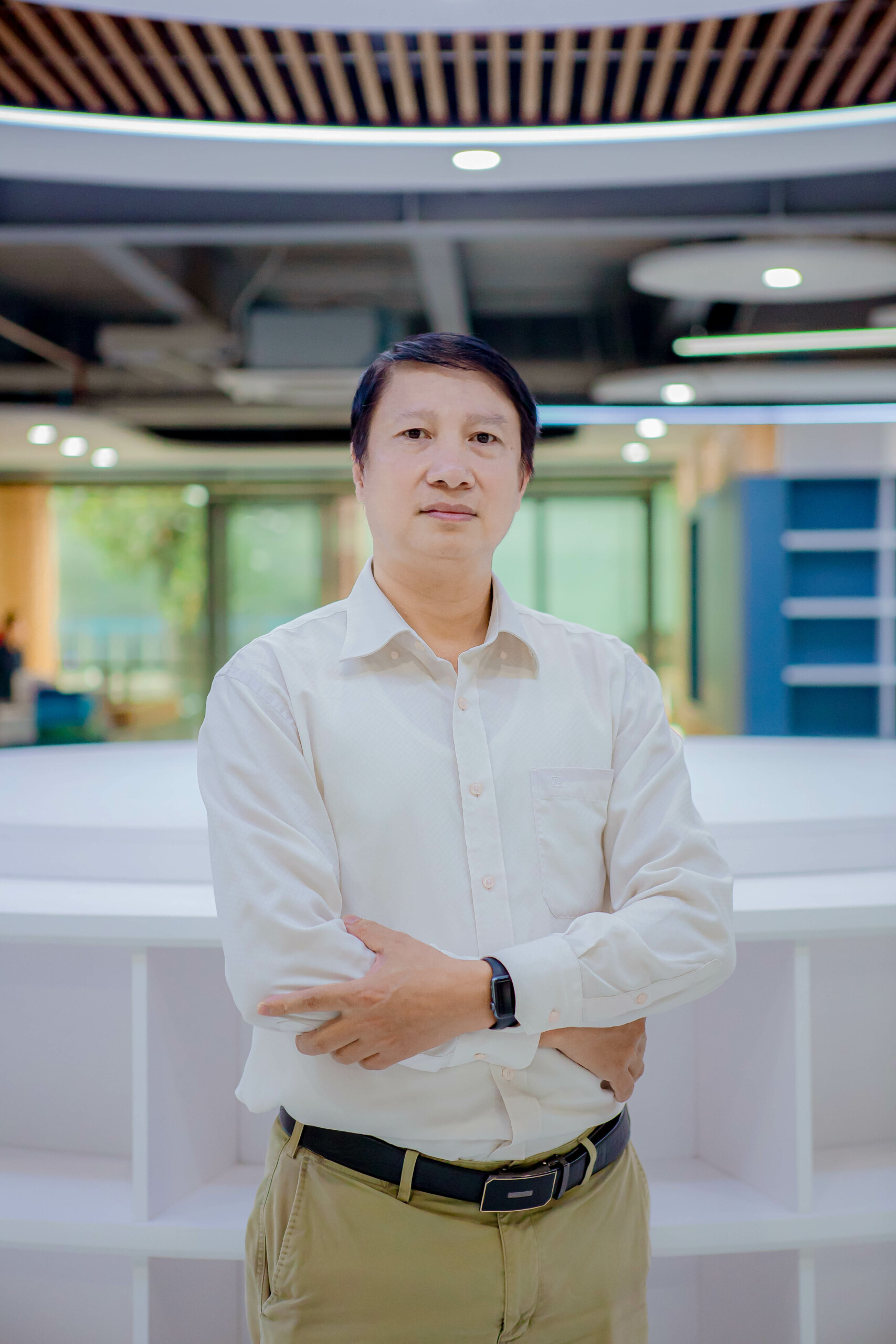
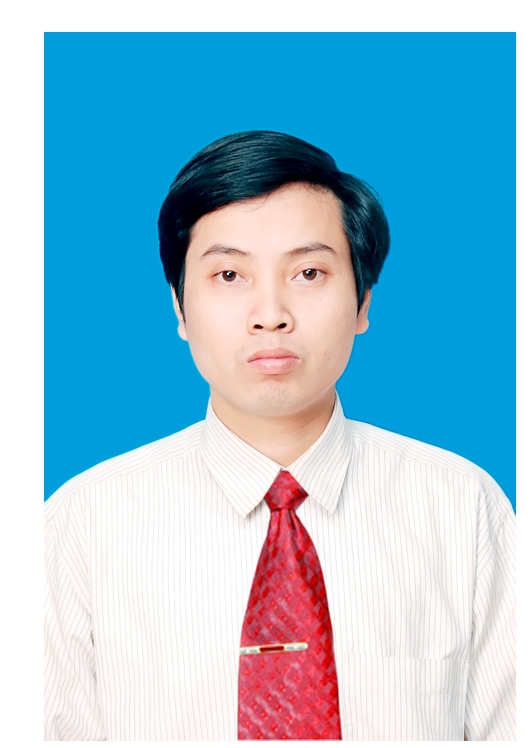
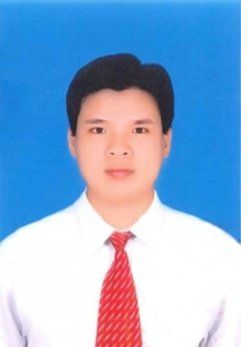
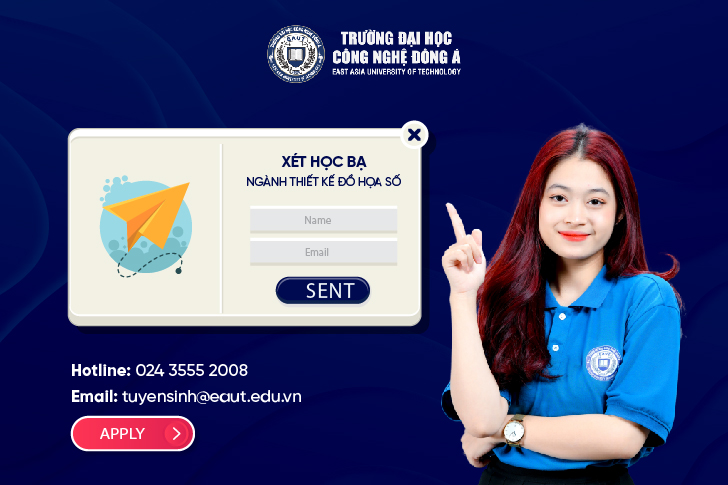
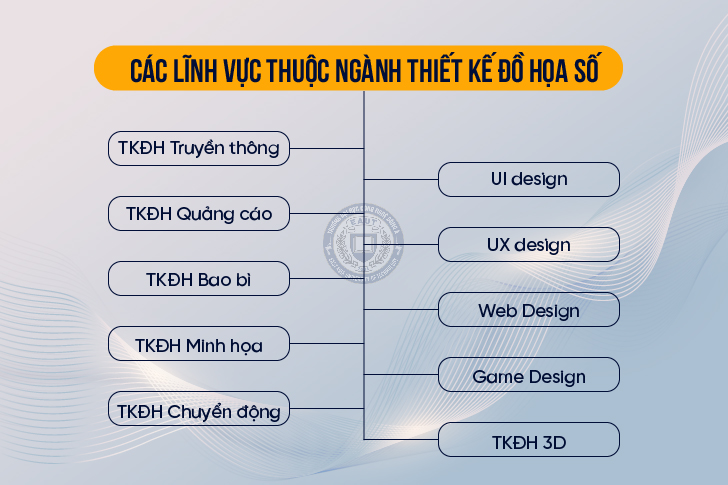
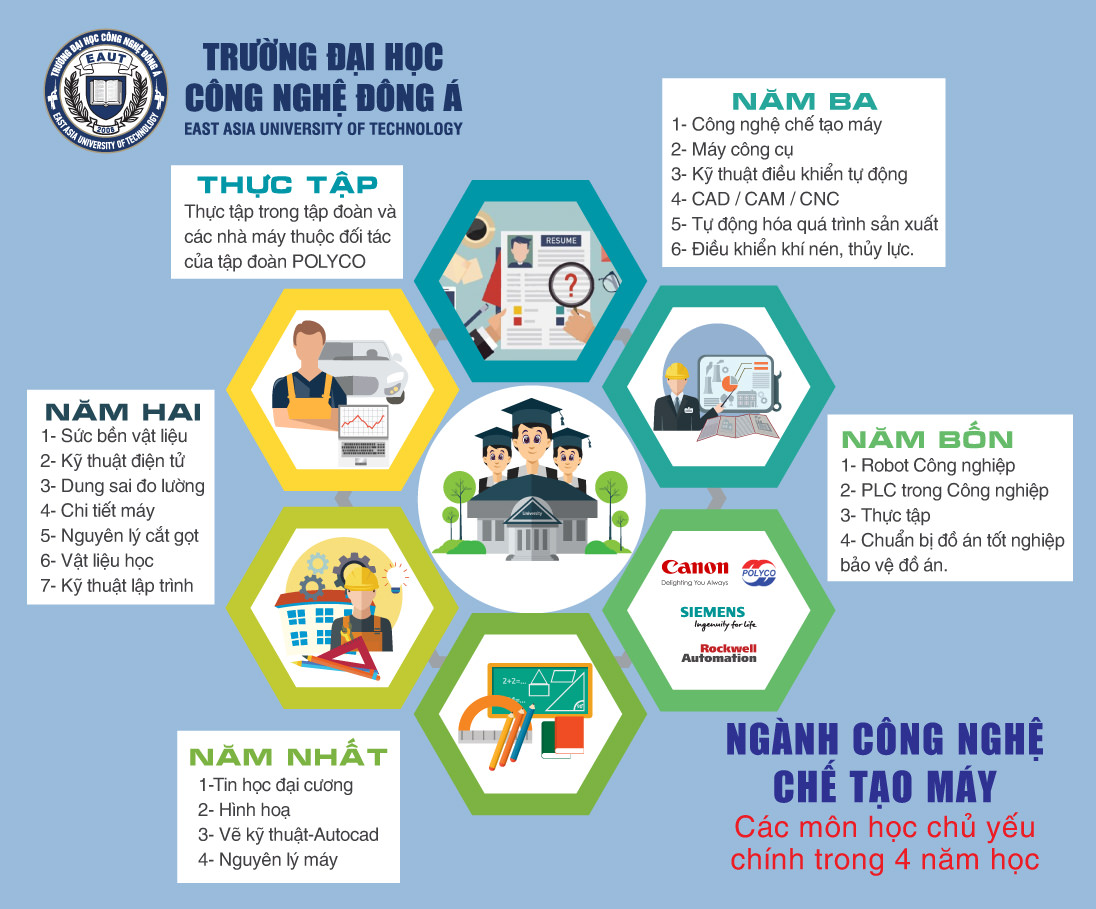
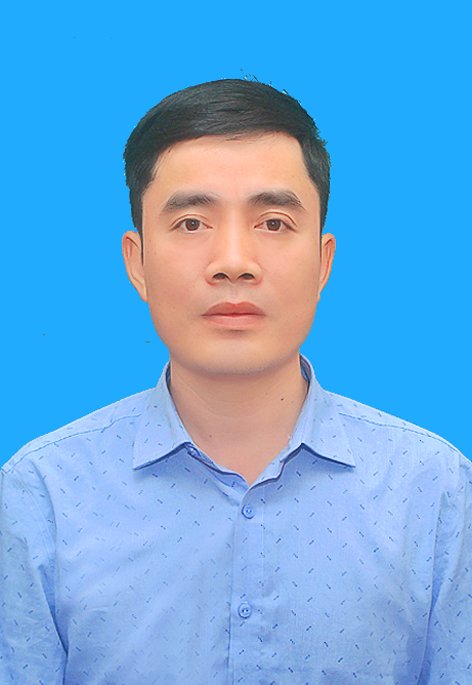


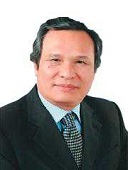
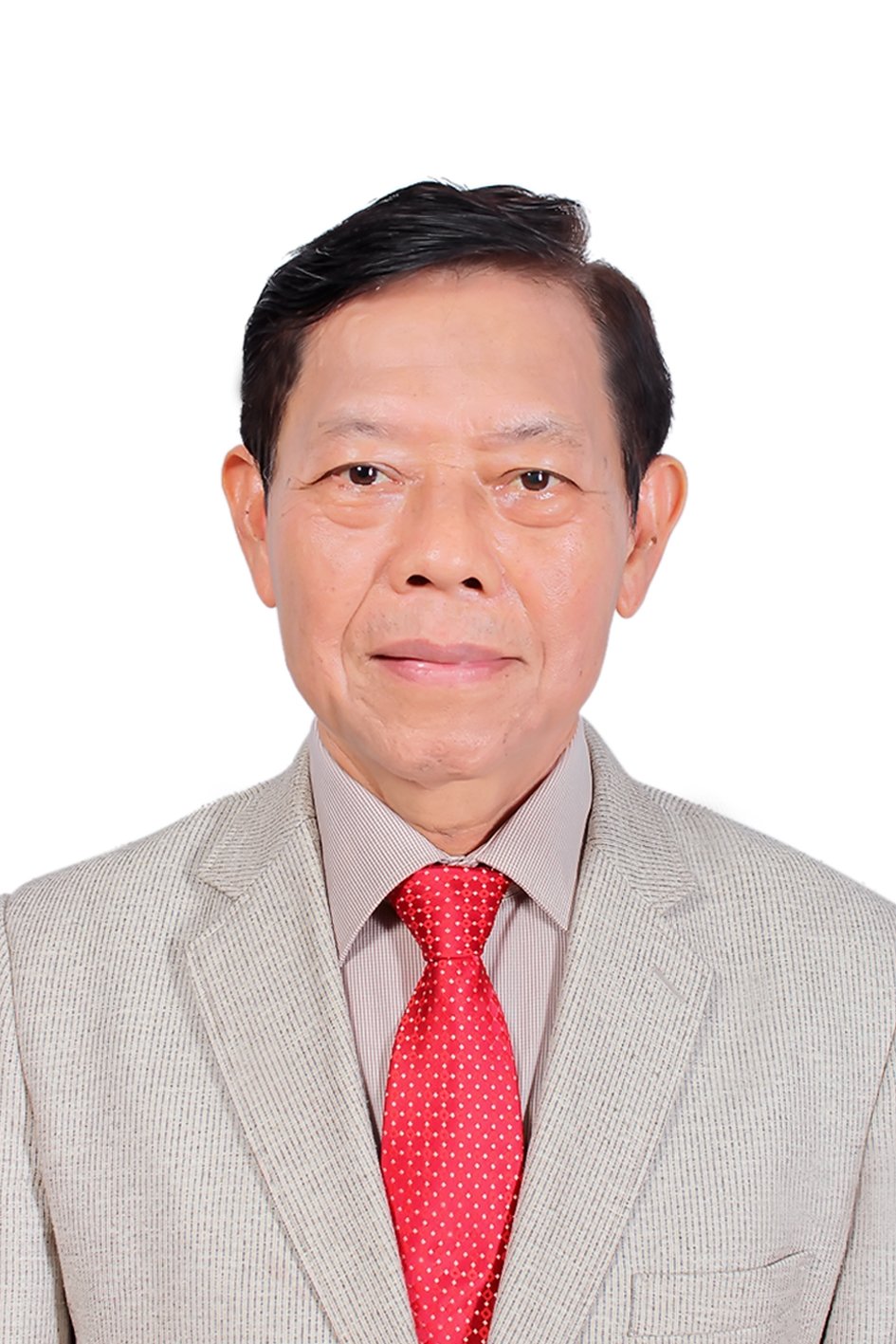
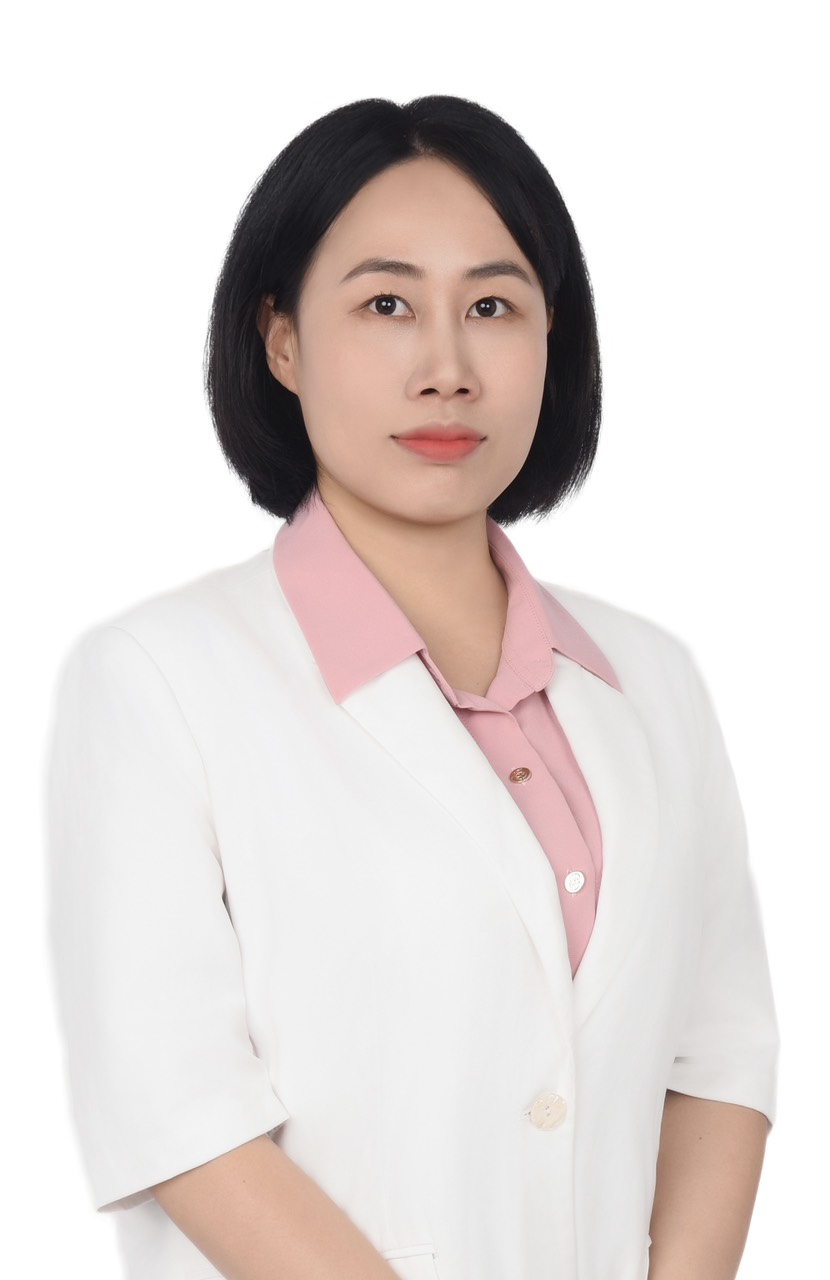
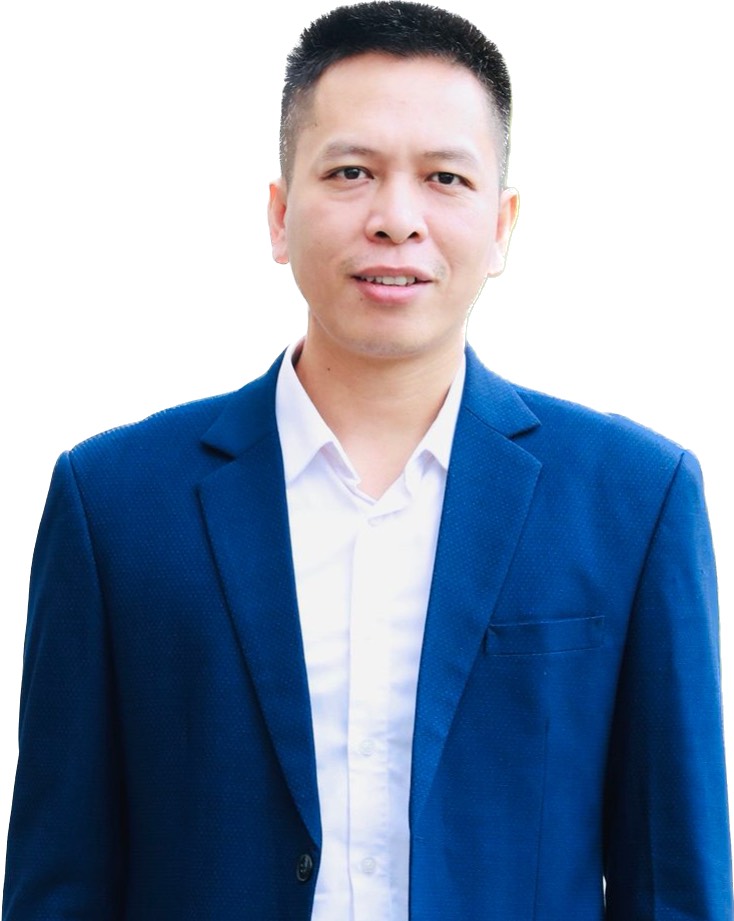
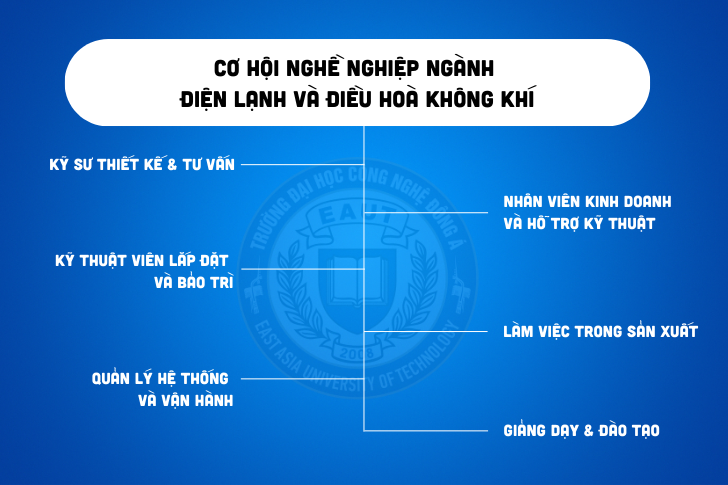
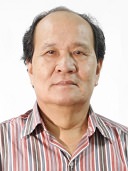

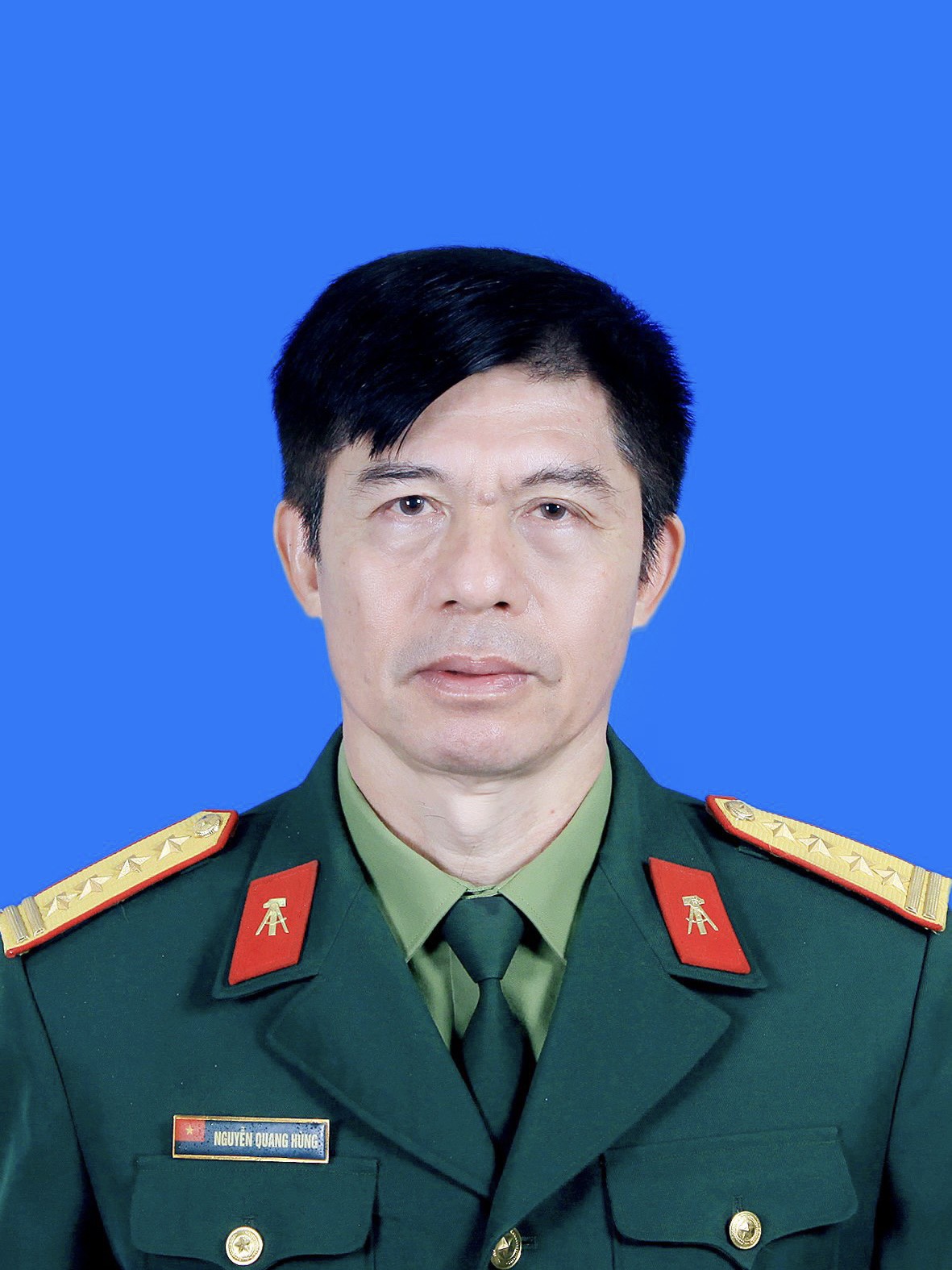
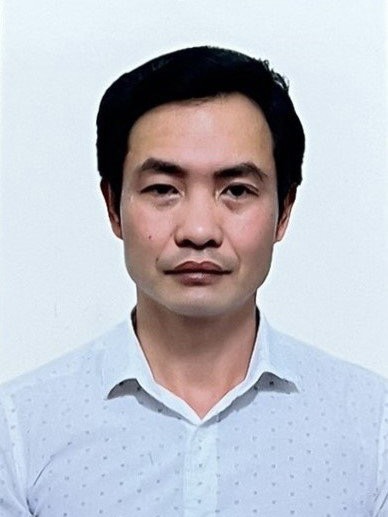
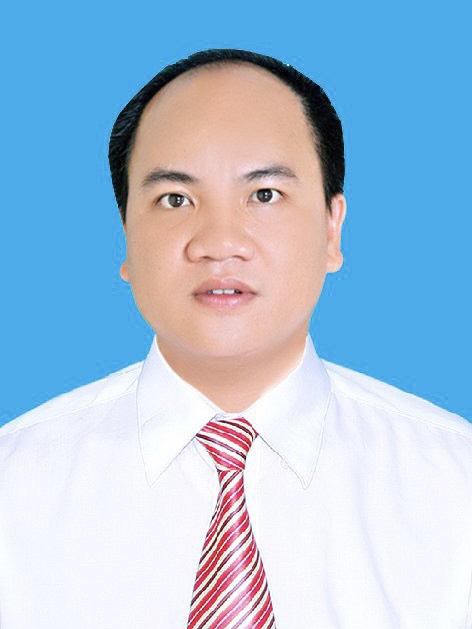
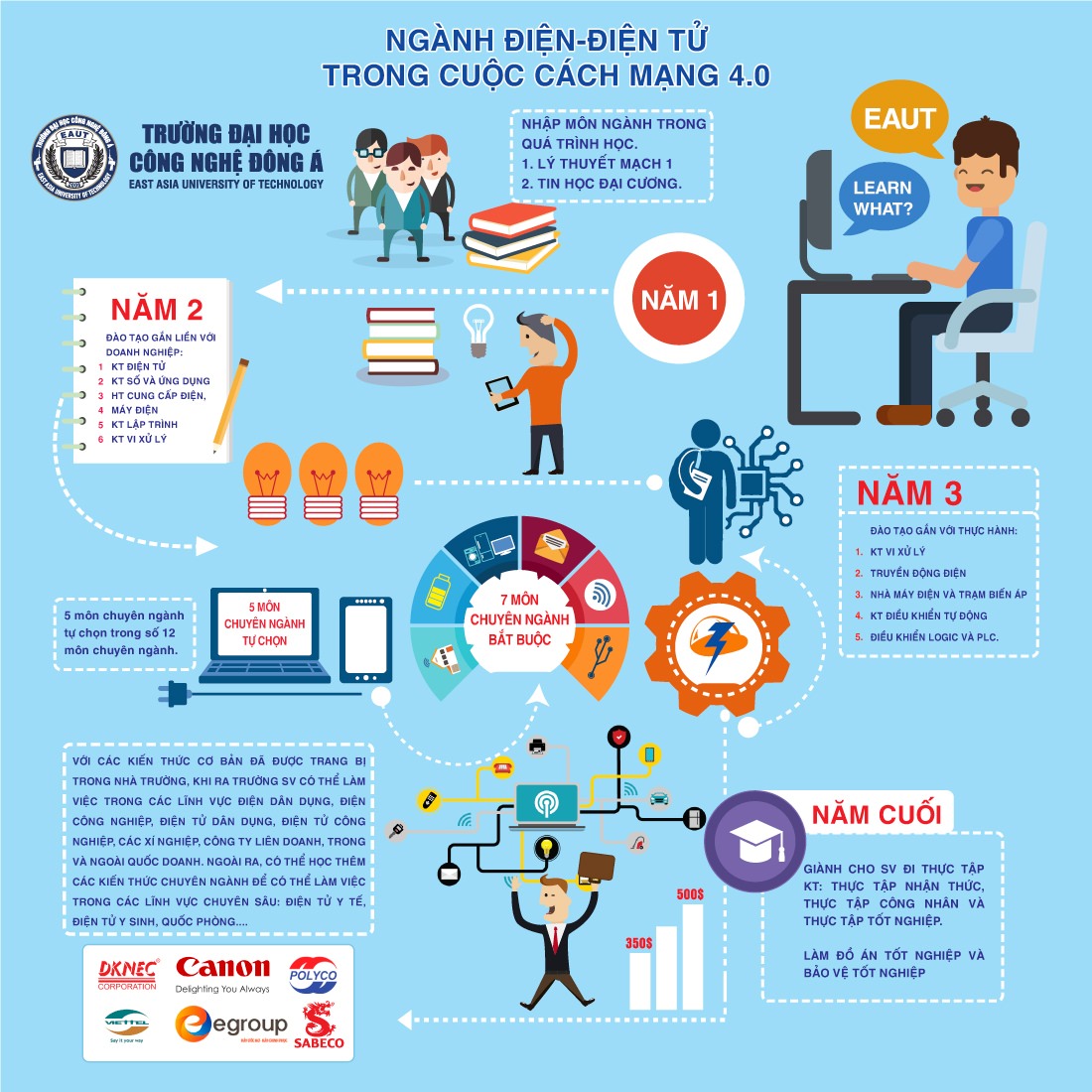

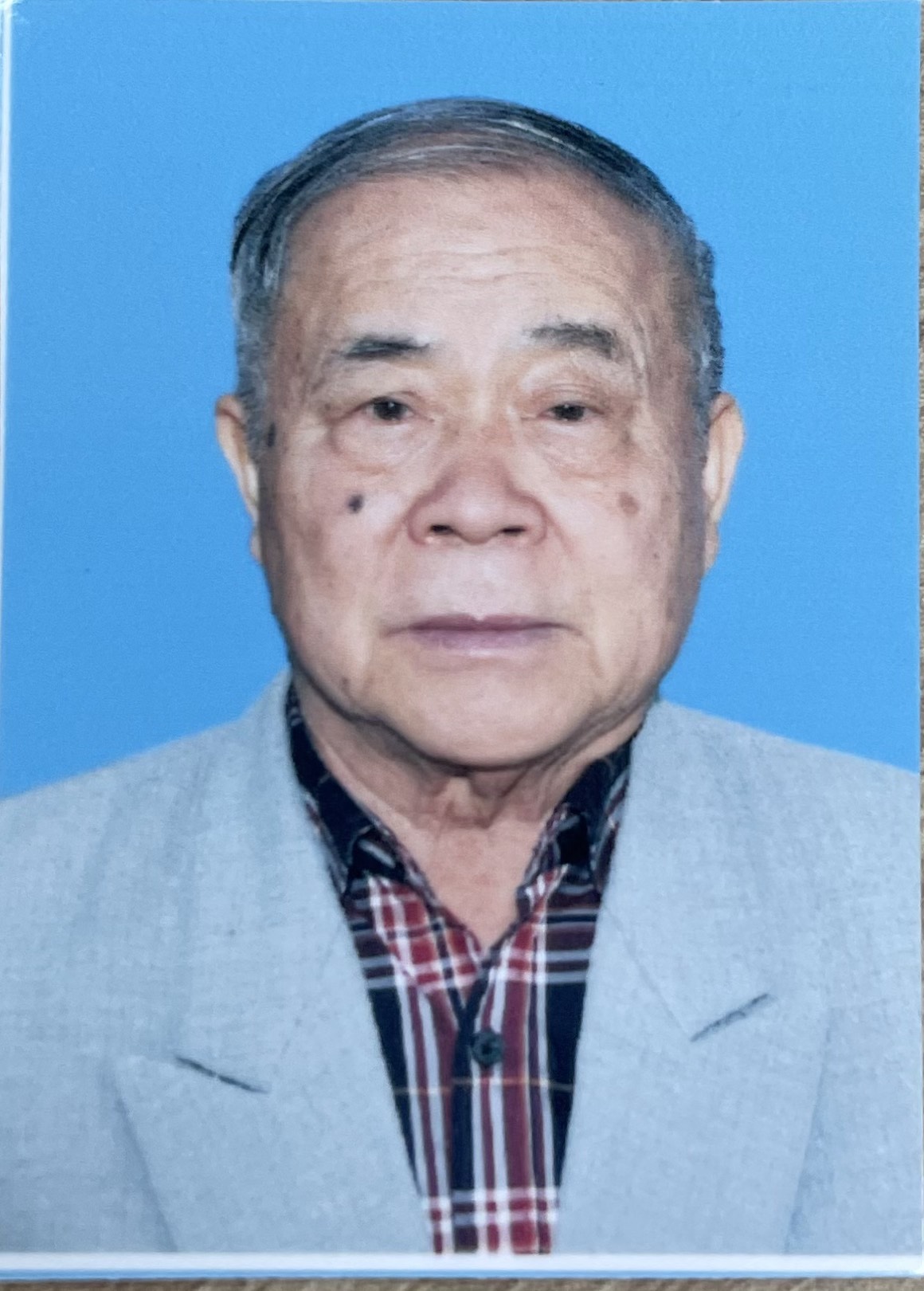
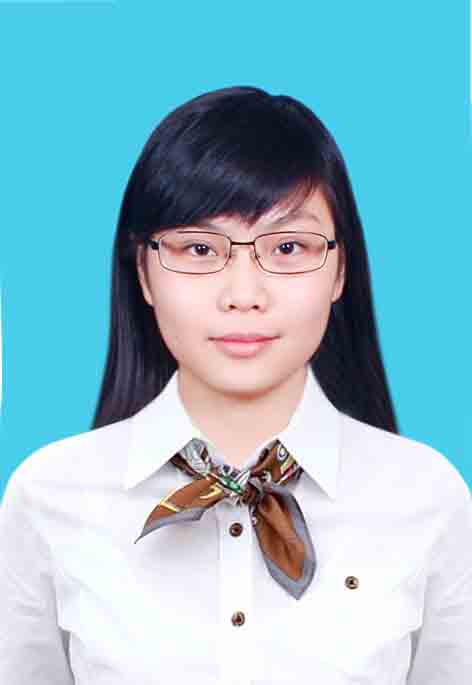


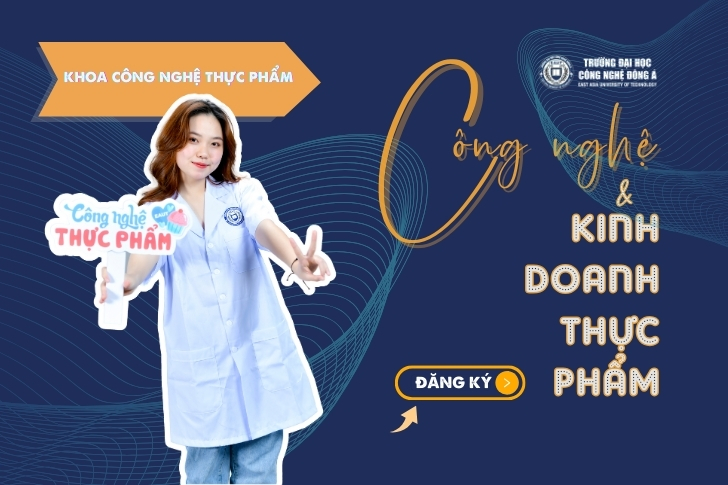

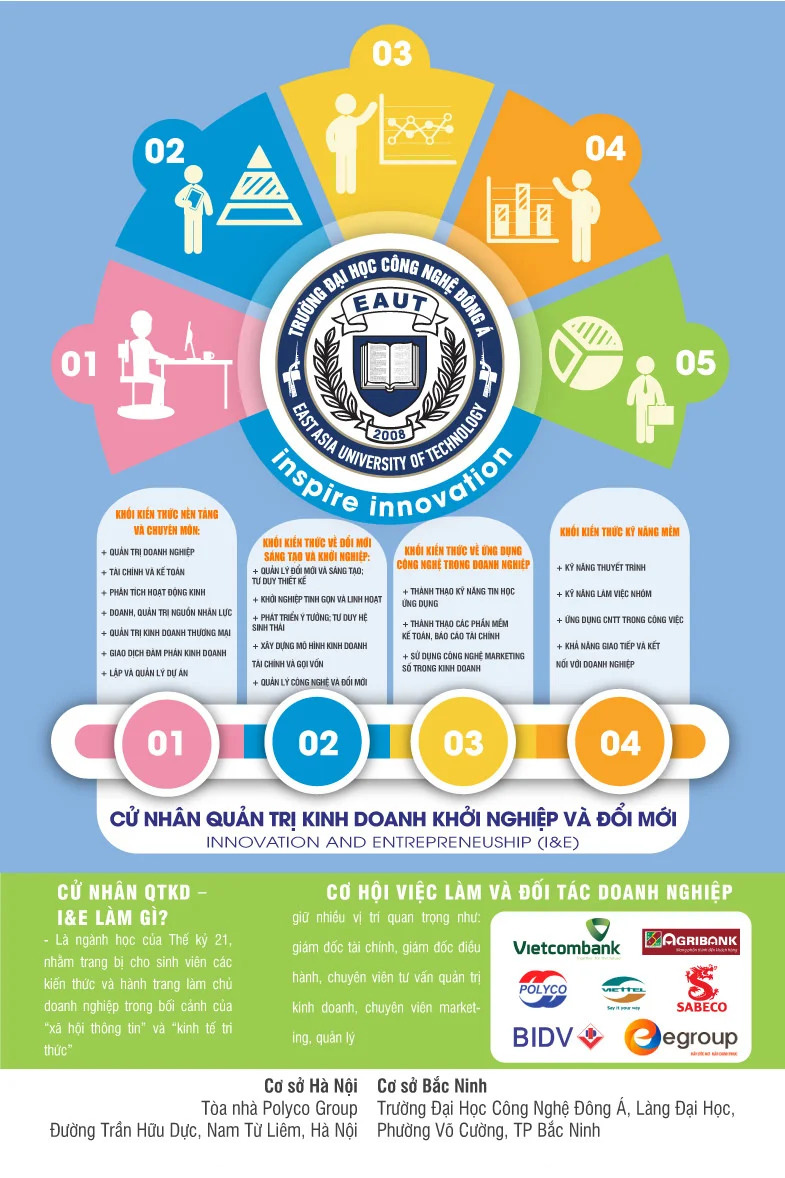

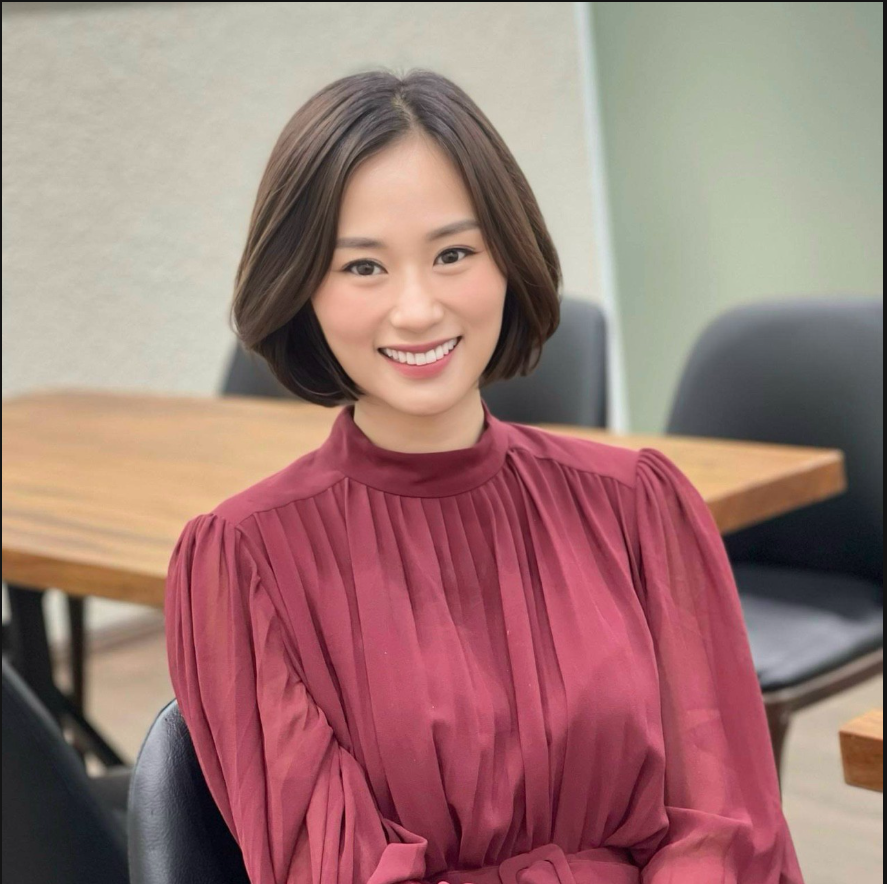




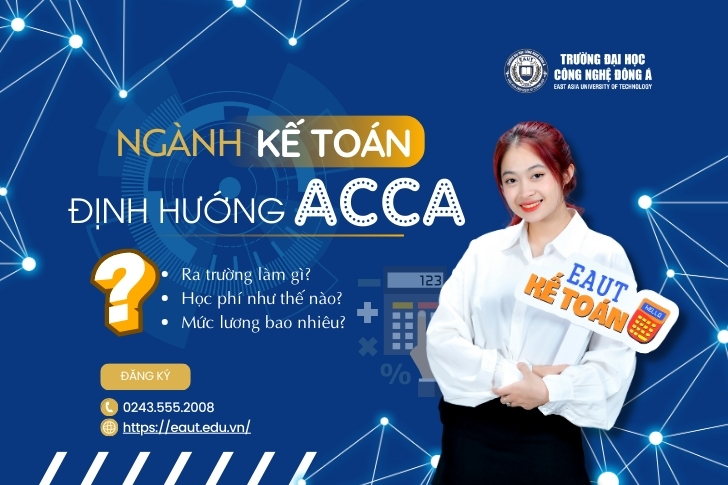
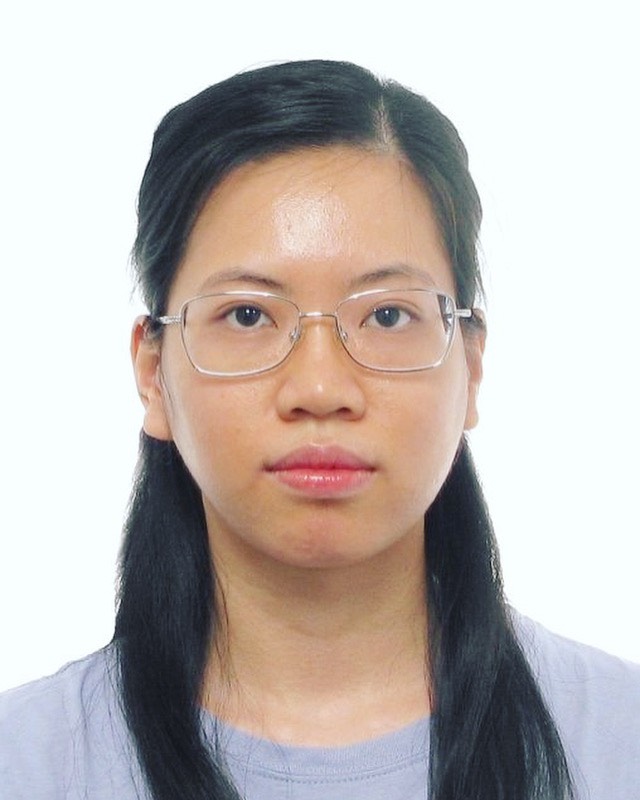 MSc. Đỗ Thị Bảo Yến
MSc. Đỗ Thị Bảo Yến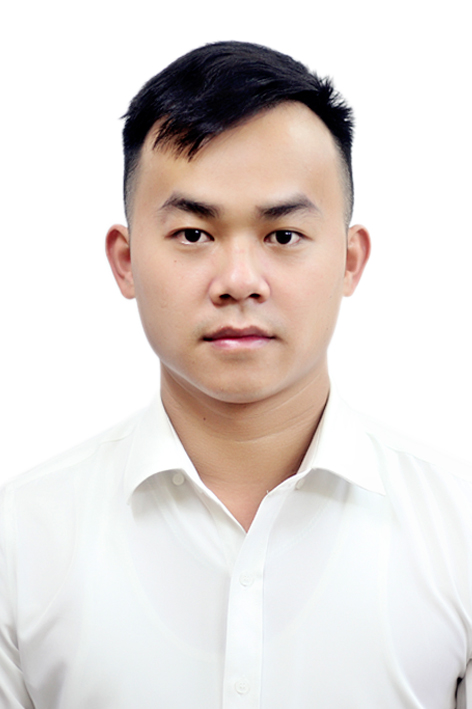 Dr. Vu Van Duy
Dr. Vu Van Duy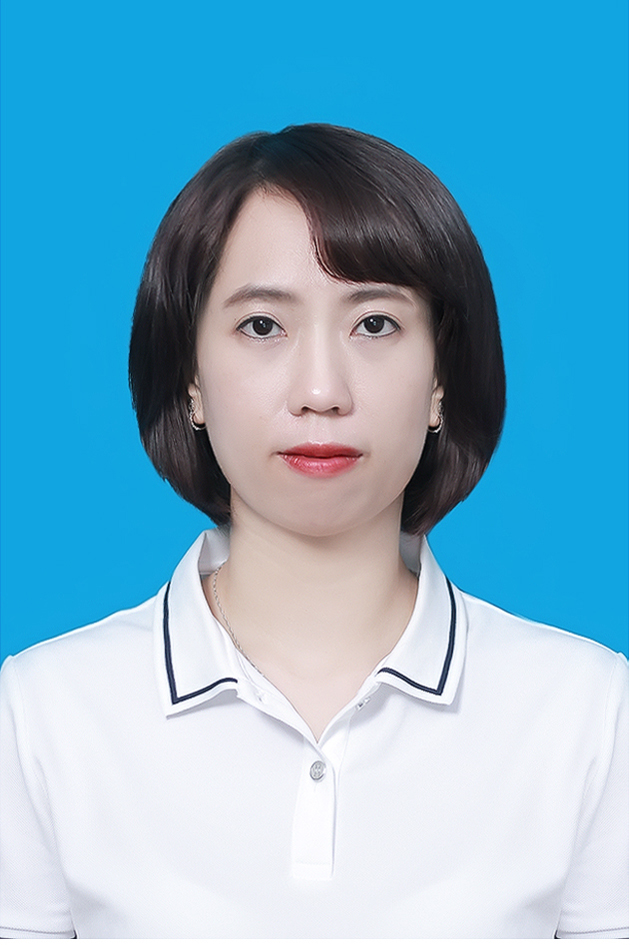 M.A. Nguyen Thu Thuy
M.A. Nguyen Thu Thuy